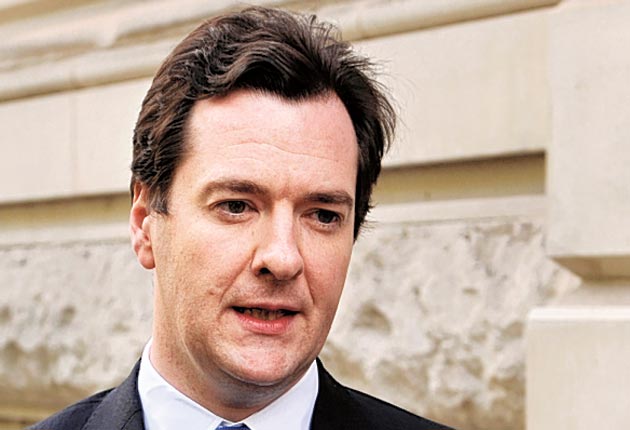Darling questions fiscal watchdog's role

The independence of Britain's new fiscal watchdog was called into doubt yesterday after it emerged that it had tweaked downwards its forecast of job losses on the eve of last month's Budget.
Ministers are privately dismayed that the setting up of the Office of Budget Responsibility (OBR), taking official forecasts for economic growth and public borrowing out of the Chancellor's hands – appears to have rebounded on the Government.
The OBR trimmed its prediction of job losses caused by the planned public spending cuts over the next five years by 175,000 – down from 775,000 to 600,000. David Cameron drew on its forecasts when he told the Commons last week there would be fewer public sector job losses in 2011-12 and 2012-13 than Labour had planned. The OBR now accepts the Prime Minister was not comparing like with like. Alistair Darling, the shadow Chancellor, said: "There were already questions about the independence of the OBR. Now its very credibility is at stake. From the start the Tories used the OBR not just as part of the Government but as part of the Conservative Party. They have succeeded in strangling what could have been a good idea at its birth."
The reduced estimates of job losses are believed to stem from changes in the assumptions made by OBR economists about future civil service pay and pensions. It is understood to have assumed that public sector employers would lower their future pension contributions – pre-empting the findings of John Hutton's Pensions Commission – and that promotions would slow for public servants, even though such a policy has not been announced.
Although the OBR is based in the Treasury and staffed by Treasury officials, George Osborne, the Chancellor, insisted the body he created was separate from the Government. "The OBR sets its own forecasts," he said. "And that is completely different from the situation which existed under the previous government where the Chancellor decided what the forecasts were and was often influenced as much by politics as economics."
Sir Alan Budd, the OBR's interim chairman, announced on Tuesday that he would step down this summer. While that raised eyebrows, the Treasury insisted it was always planned that he would leave after the emergency Budget and advising on the legislation needed to put the OBR on a permanent footing. Yesterday the Government rejected Labour pressure to safeguard the OBR's independence by allowing the Commons Treasury Select Committee to approve the new chairman.
Downing Street said that while the OBR's independence would be enshrined in statute, it did not expect the new chairman to be appointed by MPs. "I'm sure the Treasury committee will have ample opportunity both to speak to the head of the OBR – once appointed – and to cross-examine them once they have published their forecasts," said a No 10 spokesman.
Subscribe to Independent Premium to bookmark this article
Want to bookmark your favourite articles and stories to read or reference later? Start your Independent Premium subscription today.

Join our commenting forum
Join thought-provoking conversations, follow other Independent readers and see their replies